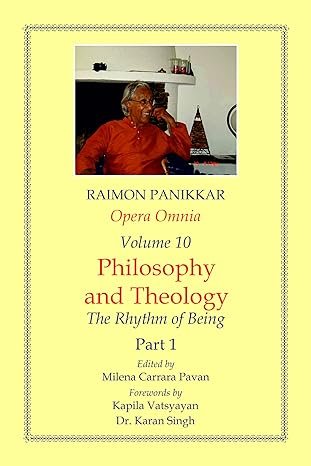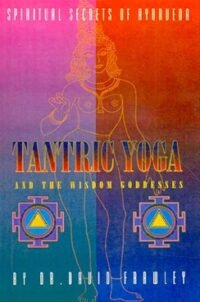- Empty cart.
- Continue Shopping

Opera Omnia (Vol. 10 Part 1): Philosophy and Theology – The Rhythm of Being (HB) | By Raimon Panikkar (Author), Milena Carrara Pavan (Editor), Dr Karan Singh (Foreword), Kapila Vatsyayan (Foreword) | MLBD Publications
₹915Current price is: ₹915.₹1,295 Original price was: ₹1,295.
Opera Omnia (Vol. 10 Part 1): Philosophy and Theology – The Rhythm of Being (HB) | By Raimon Panikkar (Author), Milena Carrara Pavan (Editor), Dr Karan Singh (Foreword), Kapila Vatsyayan (Foreword) | MLBD Publications
₹915Current price is: ₹915.₹1,295 Original price was: ₹1,295.
Hardcover – 31 March 2024
In stock
Drawing inspiration from the prestigious Gilford Lectures held in 1989 and entitled ‘The Housing of the Divine in the Contemporary World. The Undivided Trinity’, The Rhythm of Being, to which Panikkar dedicated himself for twenty years, is considered his most important work in the philosophical field. The basic theme is the triadic or trinitarian structure of reality, which is composed of the Divine, the Human and the Cosmic. This cosmotheandric perspective represents a point of contact between Christianity, Hinduism and Buddhism.
In describing his work, Panikkar states: “I am not trying to say anything new. I have no wish to contribute to the alienation created by an obsessive search for the new. My originality, assuming that it exists, will consist in going back to the origins – not as an exercise in archeology or the formulation of anachronistic interpretations, but as a modern-day ‘hunter-gatherer’, plucking fragments of life from the amazing field of human experience on Earth.”
In the end, however, he admitted that there were limits to the extent to which such a grand synthesis could be achieved. The ninth chapter, which dealt with the final eschatological consummation of all reality, was omitted by the author and replaced with a short but moving epilogue in which he writes: “I have had to accept that ultimate questions cannot have ultimate answers, but, if nothing else, we can be aware of the problem we have presented. I have reached the limits of my understanding, and here I must stop. The Tree of Knowledge constantly exerts great temptation, pushing us to lose interest in the most important tree, the Tree of Life.”
Opera Omnia (Vol. 10 Part 1): Philosophy and Theology – The Rhythm of Being (HB) | By Raimon Panikkar (Author), Milena Carrara Pavan (Editor), Dr Karan Singh (Foreword), Kapila Vatsyayan (Foreword) | MLBD Publications
| Weight | 1 kg |
|---|
Only logged in customers who have purchased this product may leave a review.
Related products
Introduction to Religious Philosophy – By Y. Masih (Author) – MLBD Publications
Tantric Yoga and the Wisdom Goddesses: Spiritual Secrets of Ayurveda (PB)- By Dr. David Frawley (author) – MLBD Publications











Reviews
There are no reviews yet.